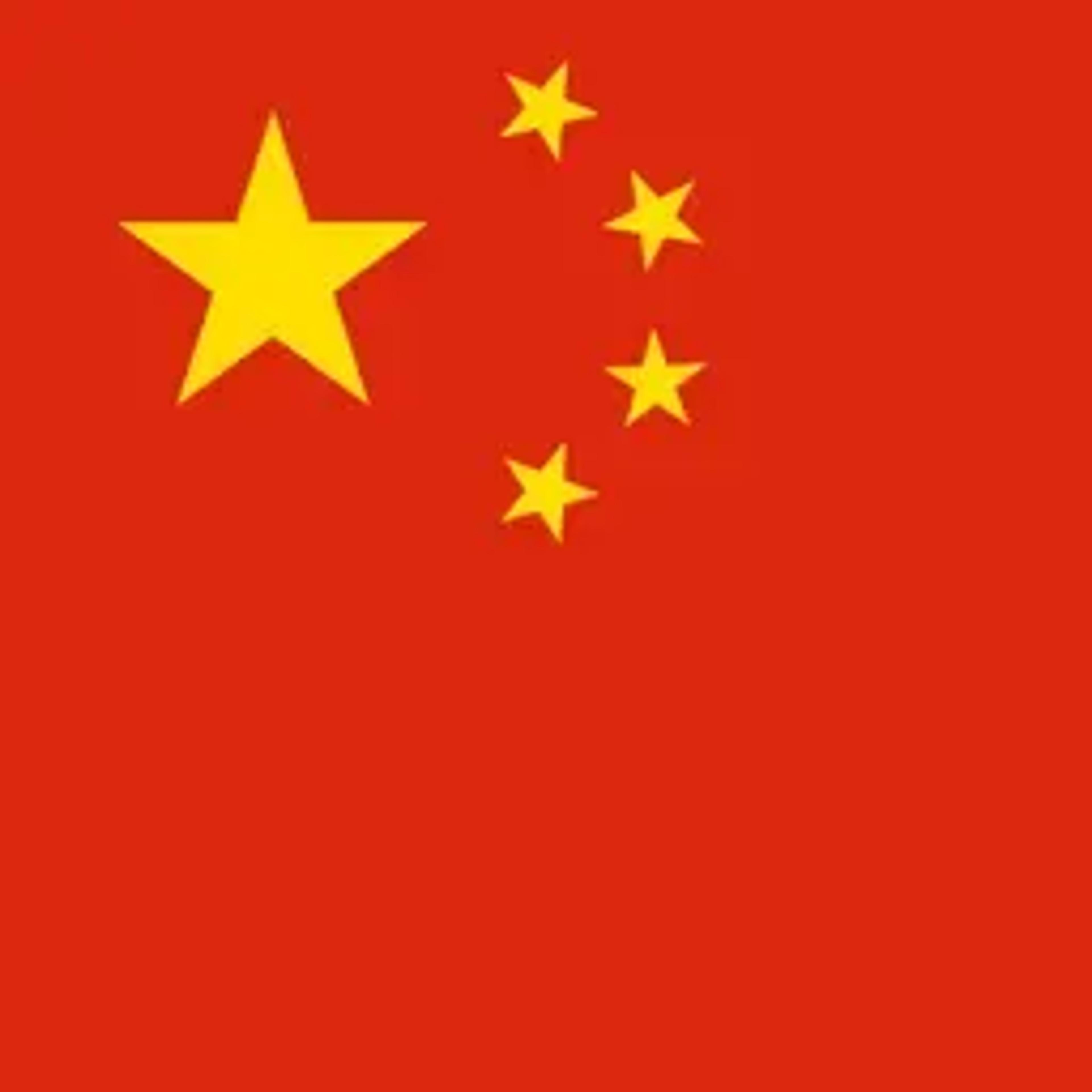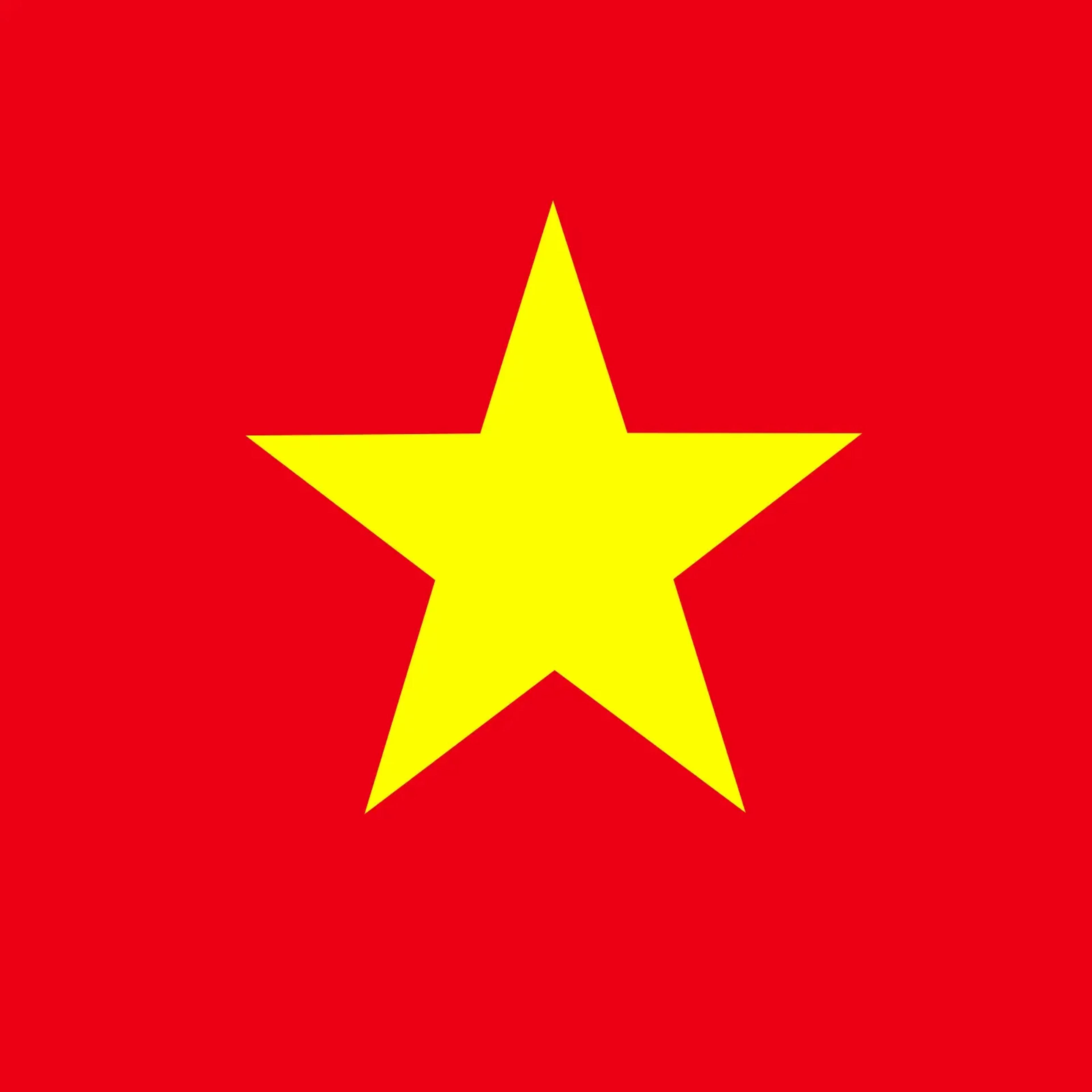Permainan Togel
Coba keberuntungan Anda dalam permainan togel online yang menarik. Temukan pengalaman bermain yang seru dengan berbagai pilihan pasaran dan kesempatan memenangkan hadiah besar. Daftar sekarang untuk mulai menikmati sensasi taruhan togel secara online!
Permainan Slot
Nikmati sensasi tak terlupakan permainan slot online dengan beragam tema menarik, bonus menggiurkan, dan kesempatan memenangkan hadiah besar. Mainkan slot online sekarang dan rasakan keseruan tanpa batas!
Permainan Casino
Jelajahi dunia permainan casino online yang mengasyikkan dan menghibur. Nikmati beragam permainan menarik seperti baccarat, sweet bonanza, roulette, langsung dari kenyamanan rumah Anda. Bergabunglah sekarang dan alami kegembiraan tak terbatas dari permainan casino virtual.
Permainan Sports
Rasakan sensasi permainan SPORTSBOOK online dan nikmati berbagai olahraga favorit seperti sportsbook sepakbola, sportsbook basket, sportsbook tenis, sportsbook e-sports. Bergabunglah sekarang dan nikmati sensasi taruhan olahraga di permainan SPORTSBOOK online yang menegangkan.







